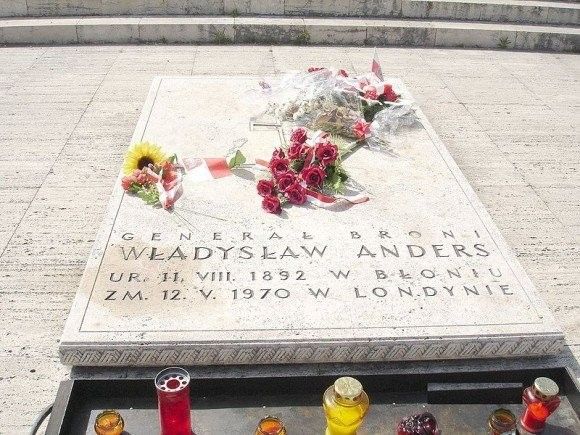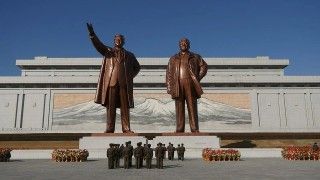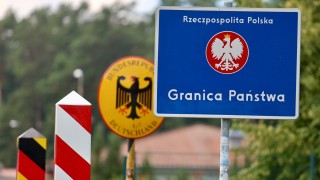- WIADOMOŚCI
Czechs Will Provide Support For The NATO Eastern Allies. “Visegrad Awakening”
There is a talk of a platoon (of the Czech Army - editor’s note), roughly 100 people, who would take part in the alliance’s contingent. – as it was stated by the Czech Defence Minister Martin Stropnicki in his TV interview, according to Reuters. He added that if the preparation of the (NATO) brigade goes according to plan, and I believe it will, then it is very likely in the second half (of this year).
According to the information released by Reuters, the above statement was made during the Sunday interview for the Czech state TV. Czech Defence Minister announced that the above constitutes the Czech contribution to the NATO plans made on 10th February, assuming that land, air and naval forces would be deployed to the Baltic states and to Poland, in order to deter Russia from any aggressive steps that could be taken against the NATO member states.
The Czech Army remains active within the scope of collaboration with the NATO forces, and it is also co-forming joint units, including the EU Battle Group. Prague additionally provides support for the NATO member states. Czech aircraft are also involved in the Baltic and Icelandic Air Policing missions. Prague decided to significantly increase its contribution to the NATO Response Force component in 2016, from 452 to more than 816 troops. These steps fall well within the reform of the NATO Response Force. During the Newport Summit it was stated that the quantity of soldiers of that formation shall be increased from 13,000 up to 40,000. Within the element, additional rapid reaction force component, capable of being deployed in 5 to 7 days, was to be established, according to the summit provisions.
Prague, recently, has been involved in collaboration with the NATO member states in the area of security, because the Czech government is well aware of the fact that potential collapse of the collective defence system may have dire consequences for the Czech Republic, in the light of its geopolitical location (even though Czech Republic does not have to protect the external NATO borders) and weakness of own military potential.
Should any aggression be launched against other Central-Eastern European states, the Czechs would find themselves in a tough position. At the same time, the Russian activities in Ukraine have proven that Moscow will not hesitate using force, even if the European states, such as France and Germany, are willing to make concessions, making it possible for the Kremlin to achieve most of its goals, without using the military measures. Russian military threat had been considered not to be real prior to the Ukrainian crisis. Thus, only the collective defence initiative may provide security in Europe. In the light of the above, Prague is more and more aware of the fact that this very scheme needs to be bolstered.
We should remember that a series of structural cuts was implemented in the Czech Republic, as well as in the V4 states, within the scope of the defence budgets. This significantly contributed to limitation of the capabilities of the Armed Forces of those states. Notably, scope of the cuts was also decidedly larger than the one implemented in Poland. The defence expenditure, within the recent year, was contained in a sum close to 1% of GDP, however the spending is being gradually increased, while the GDP contribution is going to reach the level of 1.4% in 2020. Measures, the purpose of which is to reinforce the Armies, are also being implemented in Hungary and Slovakia. Thus we may state that the V4 states involvement in the collective defence initiative is being increased.
Read More: Czech Republic Doubles Its Defence Expenditure. “Modernization, More Troops, New Units”
















